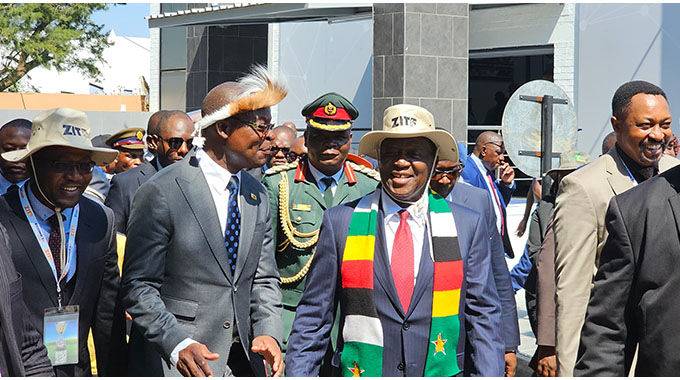Bleak future for Beam beneficiaries
Harare Bureau
UP TO 400,000 children could be forced out of school as government has failed to pay fees for 65,000 secondary school pupils under the Basic Education Assistance Module (Beam) for the past two terms, while donors are reluctant to provide money for the third term for over 300,000 pupils in primary schools.
There are also pupils with disabilities who are at several institutions, which leaves the number at about 400,000 for both primary and secondary school pupils requiring assistance.
Donors had provided $10 million that was enough to cover the first two terms for primary pupils and government was expected to pay for those in secondary schools.
Government needs about $25 million to pay school fees for both primary and secondary education.
In an interview yesterday, Acting Principal Director in the Ministry of Public Service, Labour and Social Welfare, Sydney Mhishi, said the $10 million provided by donors this year had been exhausted, leaving government in the red to the tune of $25million.
“For the first and second term we do not have arrears for primary schools because we managed to source from development partners. As things stand, we need $5 million for third term to cover primary schools and it is our hope that government will provide us,” said Mhishi.
He said government was still saddled with a debt owed to secondary schools to the tune of $5 million in arrears for last year.
An estimated $15 million is needed to fund secondary education, coupled with $5 million that is outstanding for last year and another $5 million for third term for primary schools. It brings the total figured that government owed schools to $25 million.
“We are still trying to clear arrears for last year for secondary schools. We have not secured money for this year and we still hope that government will give us the money,” he said.
According to figures from the Ministry of Public Service, Labour and Social Welfare about 35,000 boys and 30,000 girls in secondary schools had applied for assistance under Beam for 2014, bringing the figure to 65,000.
At least 140,000 boys and 142,000 girls from various primary schools across the country had applied for assistance, bringing the total number to 282,000.
Beam has been funded to the tune of $73 million through government, Unicef and the United Kingdom’s Department for International Development.
Unicef and DfID provided the bulk of the funding in previous years, while government had allocated $15 million this year.
Unicef withdrew two years ago and DfID provided the $10 million that was used to pay for first two terms for primary schools.
Mhishi told a parliamentary portfolio committee on Public Service Labour and Social Welfare early this year that government had a basket funding where European Union countries pool resources and give them to Unicef, which would interface with schools. That fell off two years ago.









Comments